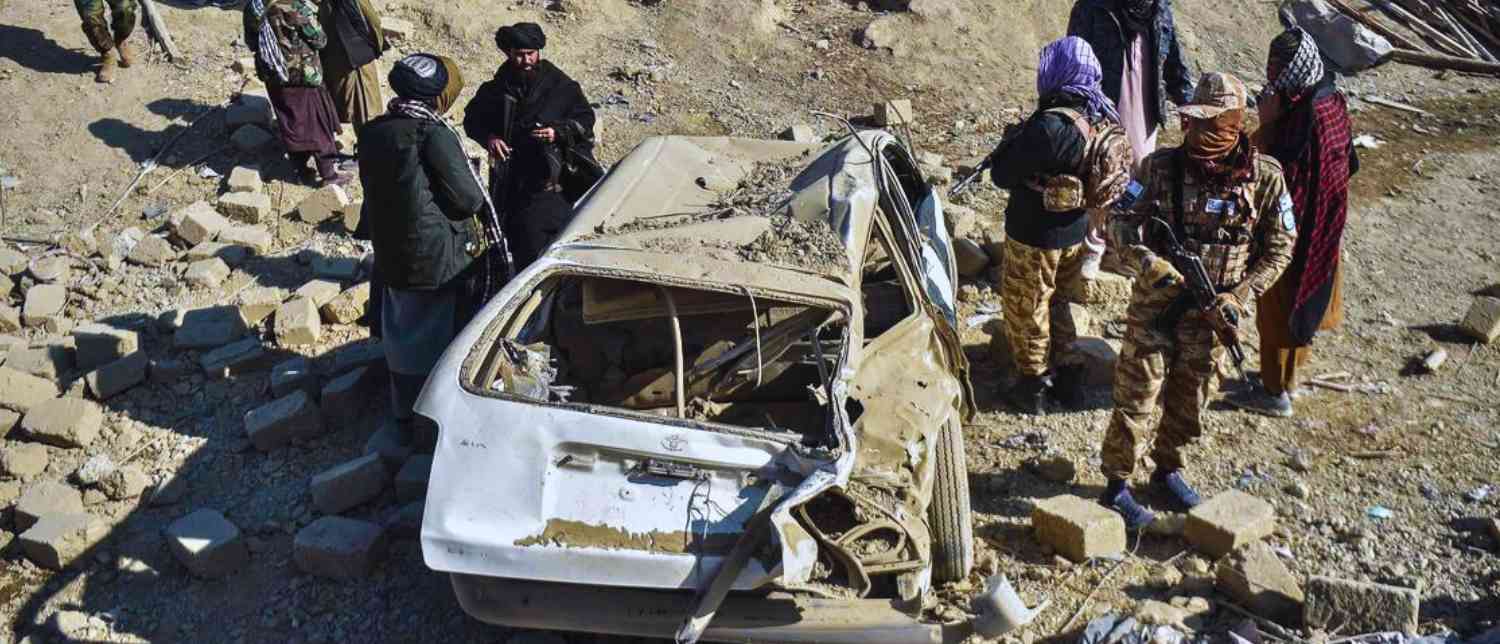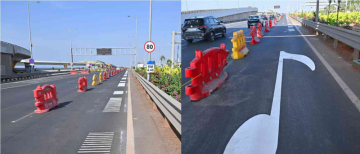Tensions between Pakistan and Afghanistan have reached a breaking point once again. Pakistan has resumed airstrikes inside Afghan territory after the Taliban leadership declared that the peace truce between both sides is now “dead.” The sudden escalation has raised fears of a new round of violence along the already unstable border.
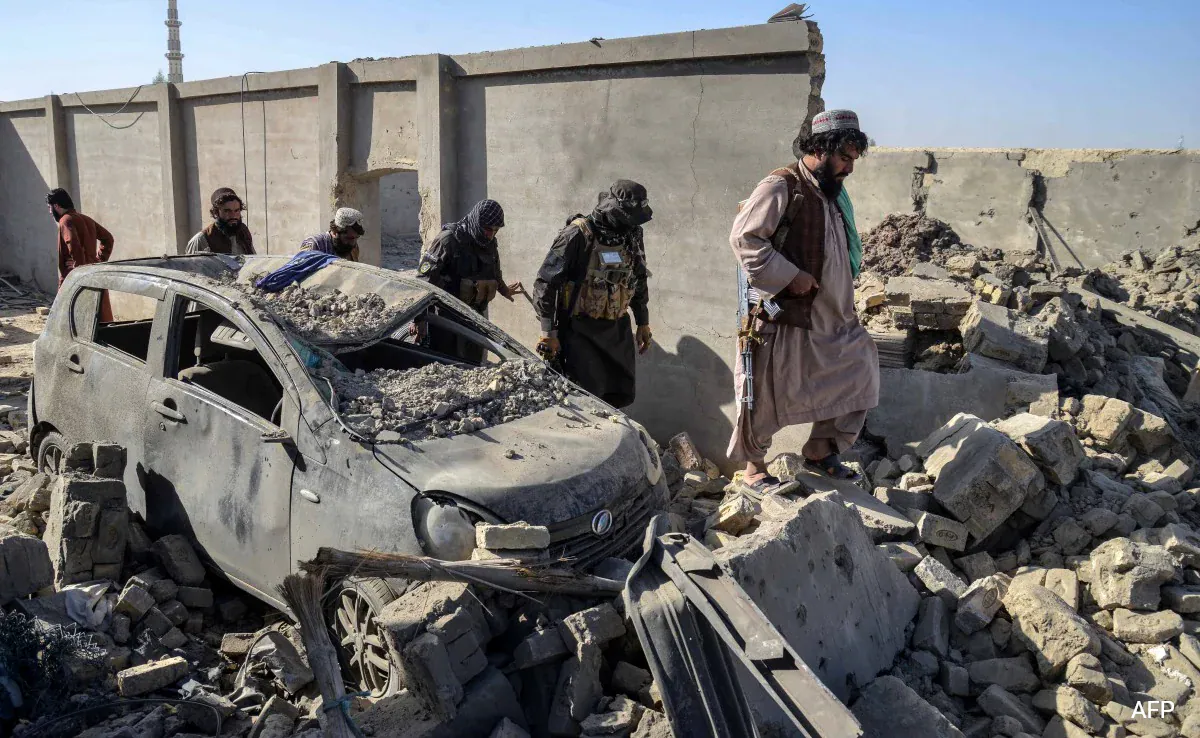
For several months, Pakistan and Afghanistan had managed to keep relative calm under a fragile truce that aimed to prevent cross‑border attacks. However, officials in Islamabad said that militant groups hiding in Afghanistan’s eastern provinces have carried out repeated assaults on Pakistani soldiers stationed near the border.
In response, Pakistan’s Air Force launched targeted airstrikes against what it calls “terrorist hideouts” in the provinces of Khost and Paktika late on Friday night. Local Afghan media reported that explosions were heard near residential areas, though reports of civilian casualties are still unconfirmed. Afghan officials have strongly condemned the strikes, calling them an “attack on sovereignty.”
Following the air raids, the Taliban announced that the peace truce signed earlier this year is now void. Zabihullah Mujahid, the Taliban spokesperson, said that Pakistan’s actions violated Afghan territory and accused Islamabad of supporting “divisive elements” within Afghanistan. He stated that the group would now “defend the honour and independence of the Islamic Emirate of Afghanistan.”
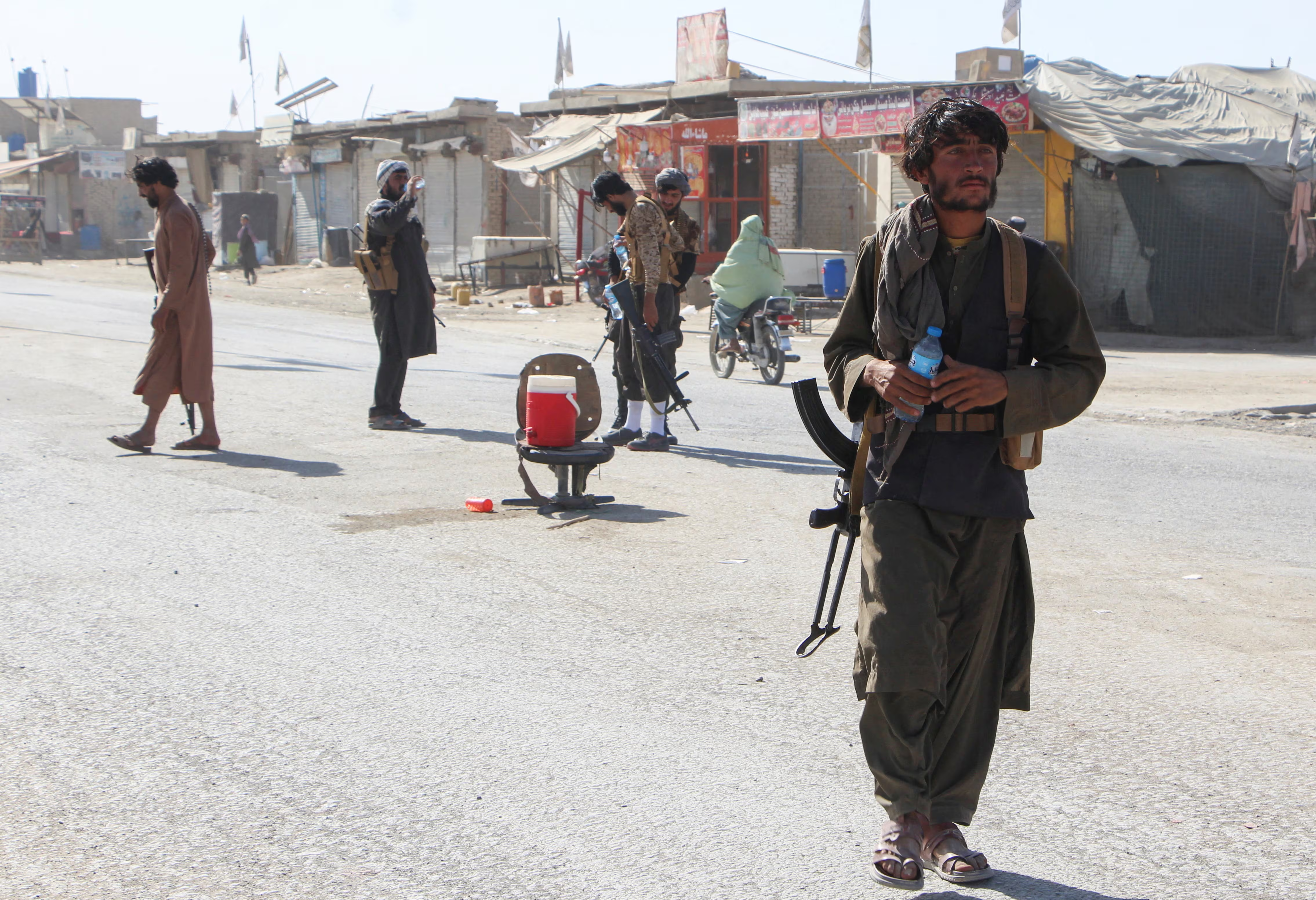
The Taliban’s declaration came just days after Islamabad claimed that fighters from the Tehrik‑i‑Taliban Pakistan (TTP) had crossed into Pakistan from Afghan soil. The TTP, an armed group allied with the Afghan Taliban, has been behind several deadly attacks in Pakistan since the start of 2025.
The Pakistan‑Afghanistan border, known as the Durand Line, has long been one of the most volatile and heavily militarised frontiers in South Asia. Both nations accuse each other of harbouring militants who carry out cross‑border attacks.
Afghanistan’s acting foreign minister, Amir Khan Muttaqi, summoned Pakistan’s envoy in Kabul on Saturday to protest the strikes. He urged Islamabad to pursue dialogue instead of violence and warned that further aggression could severely damage bilateral relations.
Meanwhile, Pakistan’s defence ministry defended its actions, saying the operations were aimed only at “eliminating terrorist infrastructure” and not at civilians. A senior Pakistani official said, “We have the right to protect our forces and citizens from repeated attacks originating from Afghan soil.”
Neighbouring countries including China and Iran have expressed concern over the rising tension. Analysts fear that the renewed conflict could destabilise trade routes, disrupt humanitarian aid, and push more families to flee from border villages.
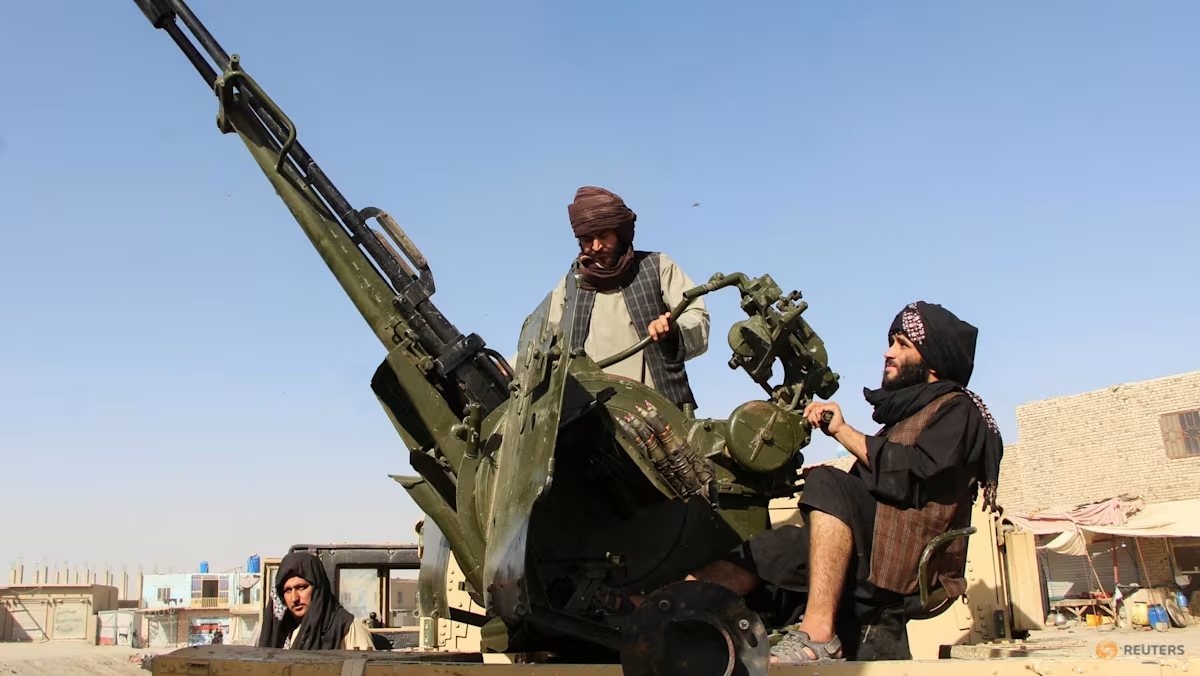
Security experts also warn that the collapse of the truce could embolden extremist groups operating across the region, including ISIS‑K, which has recently increased its activities in both Afghanistan and Pakistan.
As both sides trade blame, peace efforts hang by a thread. International observers and the United Nations have urged restraint from both Islamabad and Kabul and called for renewed dialogue to prevent further bloodshed.
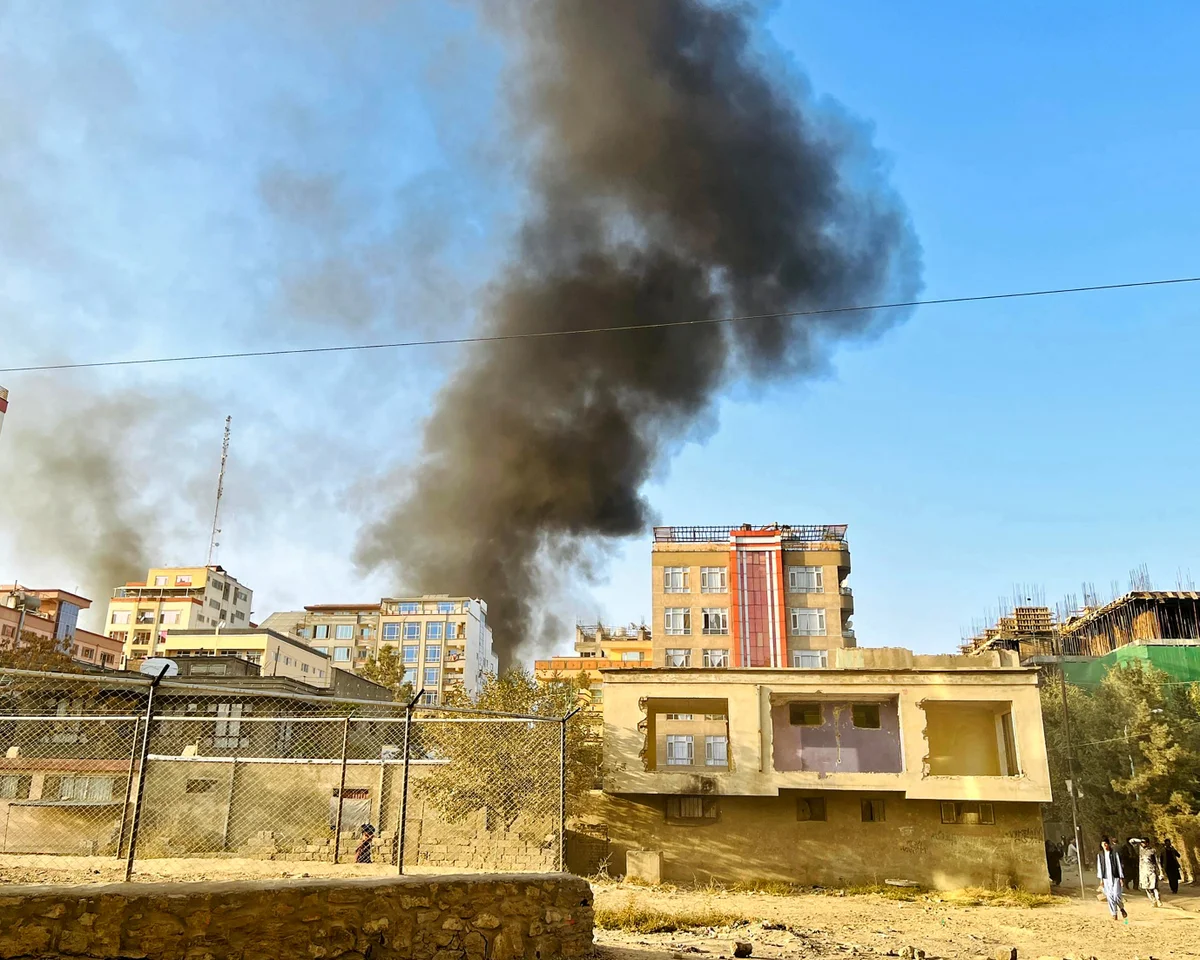
For now, border residents live in fear of new clashes and airstrikes. With trust shattered and diplomatic ties strained, a return to peace seems distant — unless both countries choose negotiation over confrontation.
With inputs from agencies
Image Source: Multiple agencies
© Copyright 2025. All Rights Reserved. Powered by Vygr Media.

